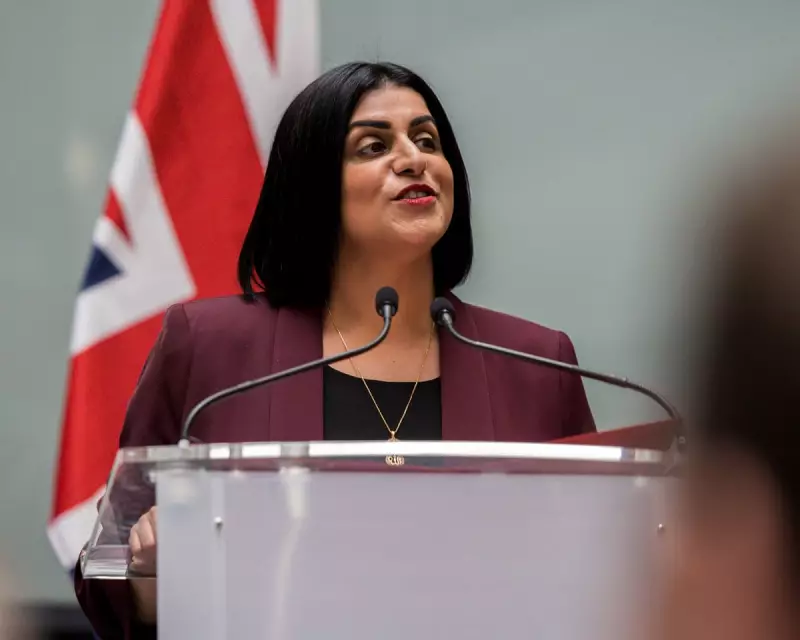
In a powerful and unified response, Britain's leading modern slavery experts have publicly challenged the UK's Security Minister, Tahir Mahmood, branding his recent assessment of the crisis as "deeply concerning" and wholly detached from reality.
The rebuke comes after Mahmood suggested that the modern slavery system was being abused and that the number of genuine victims was being inflated. Professionals from charities and support groups working directly with victims have expressed alarm at the minister's comments, warning they risk undermining years of progress and endangering vulnerable people.
A Frontline Perspective
Those on the frontline of the fight against human trafficking have delivered a starkly different picture to the one painted by the minister. They report a system that is already incredibly difficult for victims to navigate, not one that is easily exploited. The notion of widespread abuse, they argue, is a damaging myth that misrepresents the brutal truth of modern slavery in the UK today.
Political Motivations vs. Human Reality
Critics have pointed to the government's wider policy goals as a potential driver for the minister's rhetoric. With a stated aim to drastically reduce overall immigration, there are fears that the rights and protections offered to modern slavery victims are being strategically eroded to meet political targets. This reframing of victims as potential "abusers of the system" is seen as a tactic to legitimise cutting support and restricting access to safety.
The Chilling Effect of Inaccurate Claims
Professionals have warned that such high-level comments have a immediate and dangerous chilling effect. Misinformation about the scale of false claims can deter genuine victims from coming forward, terrified they will not be believed. Furthermore, it can shift public opinion against support services, making it harder for charities to operate and secure funding for their critical, life-saving work.
The collective message from the sector is clear: the minister's views do not reflect the operational reality. They urge the government to base its policy on the expertise of those who understand the complexities of modern slavery, rather than on narratives that risk leaving countless victims trapped in exploitation.





